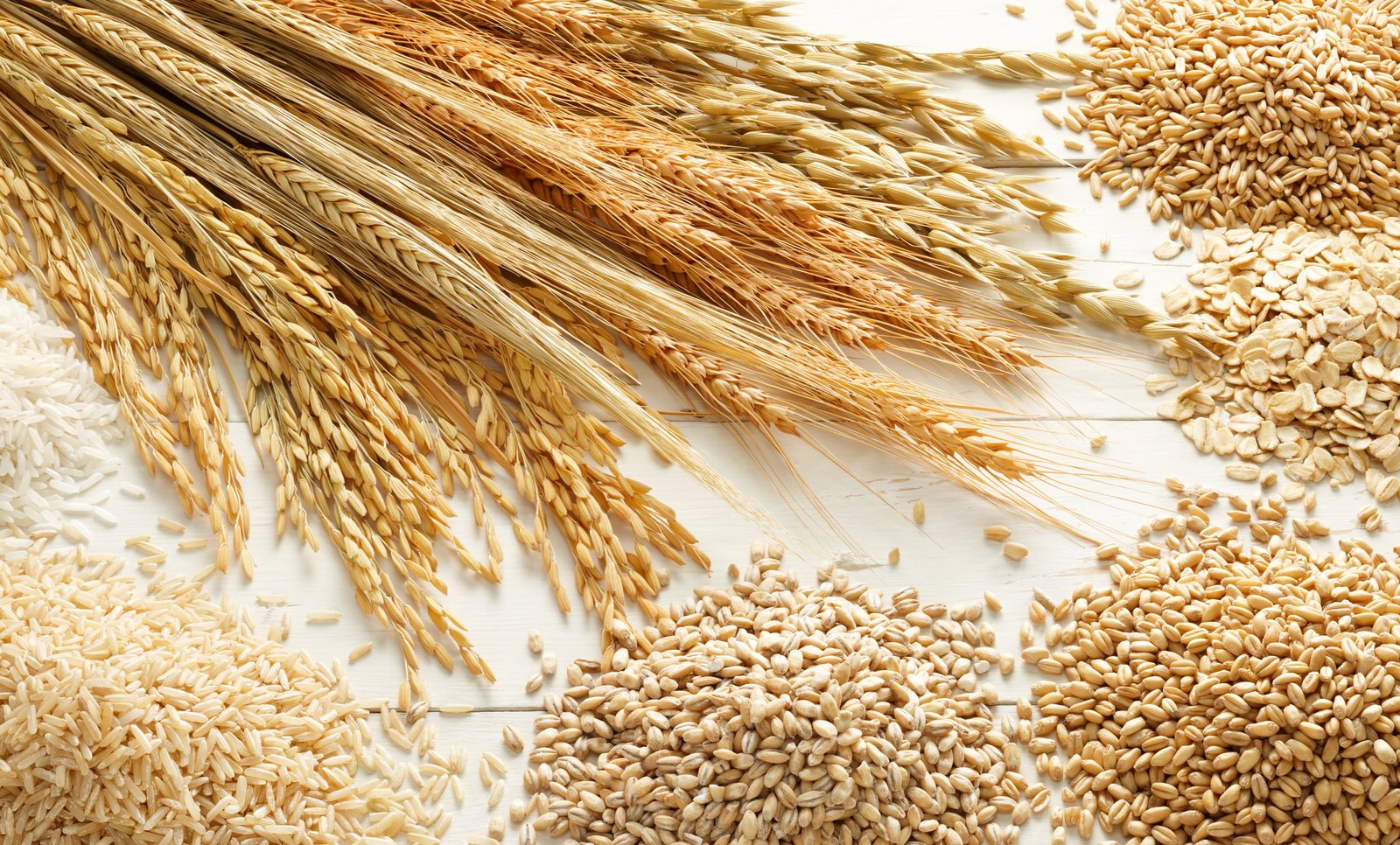Inside BENEO’s new pulse plant: pioneering sustainable protein from faba beans
The government has allayed the fears of exorbitant cost of managing the procurement of farm produce under the proposed new minimum support price (MSP) mechanism.
Officials said the mechanism could be applicable for the procurement of 12-15 million tonnes of food crops, largely pulses and millets.
The remaining crops, for which the government declares MSP, will either come under the existing procurement mechanism as in rice and wheat or oilseeds and maize, whose prices have traditionally been more than the MSP barring few years, say 2017.
The Centre declares MSP for almost 23 crops that includes, cereals, pulses, oilseeds and millets.
These together account for around 300 million tonnes annually of which rice and wheat together command an overwhelming majority of 210 million tonnes or almost 70 per cent. Rice and wheat procurement will continue under FCI.
Of the remaining 90 million tonnes, 58 million tonnes is maize and oilseeds.
Officials said historically, maize and oilseeds prices have remained over the MSP in most of years barring few years, for instance 2016 and 2017. Their prices are governed by global markets, which can be controlled by tariff policy.
Price fluctuation is more grave in the remaining 40 million tonnes of millets and pulses. Here, prices have remained below MSP.
Out of this 40 million, the suggested procurement models of Price Deficiency Payment Scheme (PDPS) on the lines of Madhya Pradesh Bhavantar Yojana or the direct procurement scheme called Market Assurance Scheme (MAS) will be used for 30 per cent of the production.
The government also would not like to rush through the procurement programme in a hurry as it would involve lot of preparations and discussions with states and hence could take time to formulate it.
Any formal announcement will be done only after carefully tying up all the loose ends including financial implication for such a big scheme.

